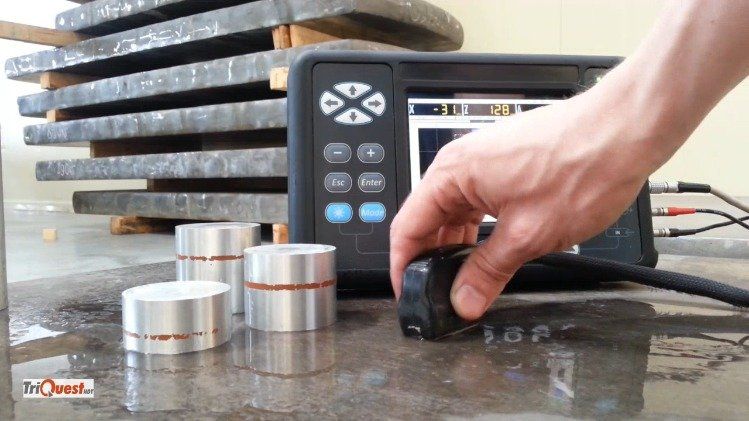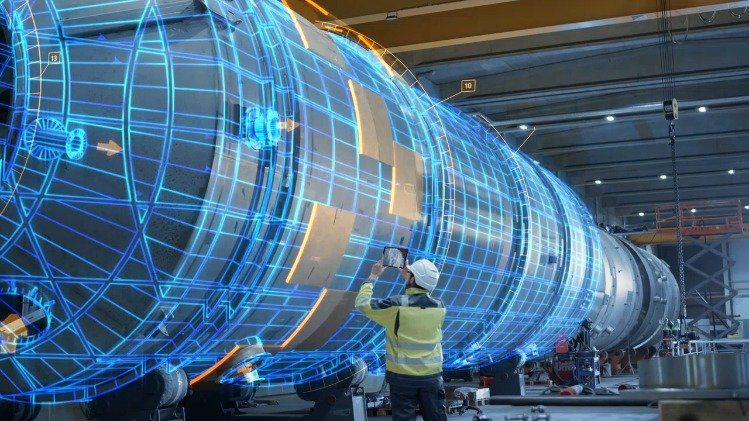XRF/PMI Alloy Analysis
Positive Material Identification (PMI) also referred as Material Verification, is an NDT method used to identify metal alloy element compositions with a portable x-ray fluorescence (XRF) alloy analyzer.
PMI is performed on ferrous and non-ferrous metallic materials including welds, weld overlays, castings, forgings, valves and components, pipe, fittings, machined parts, pressure vessels, structural steel, and on components requiring certification to NACE MR0175.
Surface preparation and cleanliness are essential when performing PMI, as the depth of penetration for element analysis is minimal. Analyzers have a margin of error for element composition in low percentages that may vary depending on the activity of the equipment’s radioactive source. PMI analyzers are limited to identifying only those alloys that are listed in the manufacturer's analyzer library, and should not be performed on material in excess of 200°F (93.3°C) unless specialized equipment and techniques are used. X-ray fluorescence analyzers are unable to detect carbon, sulphur and phosphorus.






